2 min read
The Hope of Christmas
“May the God of hope fill you with all joy and peace as you trust in him, so that you may overflow with hope by the power of the Holy Spirit.” —...
4 min read
 Barbara Comito, former marketing director
:
October 7, 2021
Barbara Comito, former marketing director
:
October 7, 2021
A false narrative is being promoted that pits two groups against each other on the subject of homelessness in Spokane.
That narrative goes something like this: Businesspeople are greedy and heartless. They do not care about people experiencing homelessness; they only care about making money. They just want people on the street to disappear. Homeless advocates, the ones handing out food, tents, sleeping bags and other street-life necessities, are the people who really care, and if you disagree with them in any way, you are not a compassionate person.
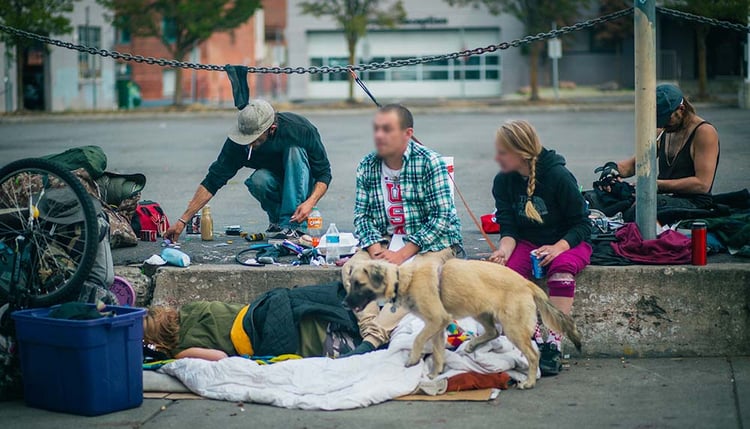 For Spokane to make headway in resolving the issue of homelessness, there needs to be less finger pointing and more listening. Let's bring stakeholders with a vested interest in the welfare of our city to the table, including our most vulnerable citizens living on the streets.
For Spokane to make headway in resolving the issue of homelessness, there needs to be less finger pointing and more listening. Let's bring stakeholders with a vested interest in the welfare of our city to the table, including our most vulnerable citizens living on the streets.
Last week I sat down with Sheldon Jackson at Ladder Coffee inside one of the buildings he owns on Riverside Ave. Sheldon owns Selkirk Development and Revamp Panels. He is also part of a loosely organized group of businesspeople committed to making Spokane the cleanest and safest city in the country. As part of that effort, Sheldon has been driving a short route downtown six days a week for six and a half months. His goal is to assess what a visitor to Spokane might see when scouting sites for future conventions, etc., “hot spots,” Sheldon calls them. He then reports his findings to the city and his business group.
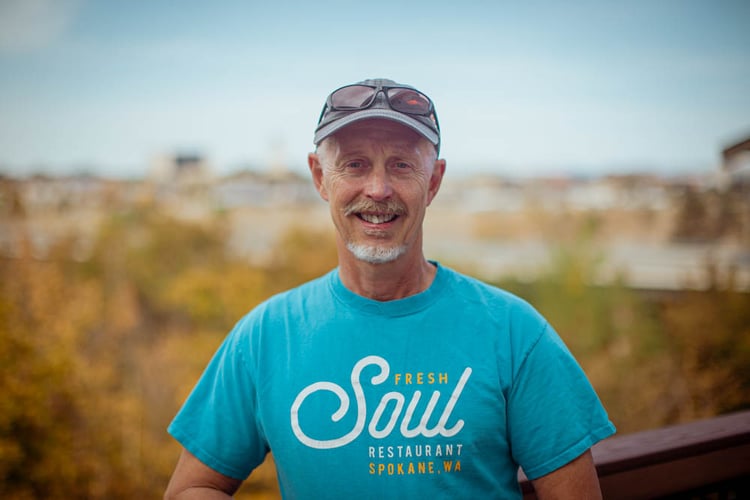 Spokane business owners love Spokane
Spokane business owners love SpokaneI found Sheldon to be a thoughtful, articulate, caring individual who is passionate about Spokane and making it a great place for the entire spectrum of socio-economic classes. Selkirk specializes in the redevelopment of rare and historical properties and exclusively works in urban areas. “Every building has a story” is their tagline. Sheldon himself believes mixed-income housing with lots of shared, common space is the only way to do development.
Now, Sheldon cannot represent all Spokane businesspeople, any more than one unhoused person or one political activist represents the entirety of those groups. Yet, our conversation convinced me that Sheldon cares about Spokane, cares about people who are hurting, and has solution-oriented ideas on the subject of homelessness.
“As business owners, we have choices. We don’t have to be in Spokane. We could be somewhere else, but we love Spokane. We’re not willing to give up on our city.”
In answer to the accusation that businesspeople don’t care, Sheldon replied, “The only thing you’re going to get with businesspeople is that we’re logical. You have to be logical to run a business. Some people think that’s cold. But solutions are solutions. We’ve got to raise up the whole society."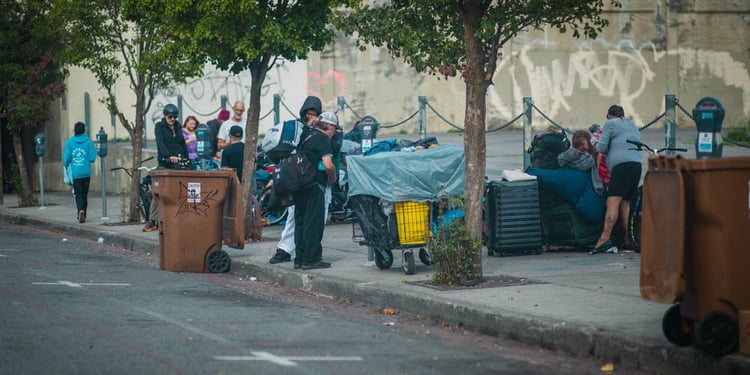 “You can’t run a business without results or with bad results, and so, as businesspeople, we look at the results, and we see the same money or more money going to the same stuff and people saying, ‘We just haven’t thrown enough money at it.’ Well, as businesspeople, we would not be in business very long if we did that.“We are problem solvers. It’s what we do every single day.”
“You can’t run a business without results or with bad results, and so, as businesspeople, we look at the results, and we see the same money or more money going to the same stuff and people saying, ‘We just haven’t thrown enough money at it.’ Well, as businesspeople, we would not be in business very long if we did that.“We are problem solvers. It’s what we do every single day.”
Why wouldn’t we, as a city, want to put the problem-solving skills of successful businesspeople to work on a social issue like homelessness?
Sheldon did not grow up with the proverbial silver spoon. “My grandfather was an alcoholic. My mom, heroin and alcohol. My uncles, heroin and alcohol. The worst sin I ever saw was my uncle prostituting his wife for drugs. And, no matter what we did, it never worked because there was never the decision by them to step up. There never was that hard decision. They are all dead – not necessarily from overdose, but cirrhosis of the liver and other issues. They all died from the process and never got out.”
Sheldon says that whenever his mom and uncles got to the critical point of life change, someone always stepped in to rescue them and prevent the hard decision.
“When people have addictions or mental health problems, we cannot make the decision for the person. It doesn’t work. The person has to make the decision. They have to decide they are going to change, but when you enable them, you are hindering that decision. You are delaying it – maybe forever. So, it is important for us not to enable, to allow these people to make a decision that could change the rest of their lives.”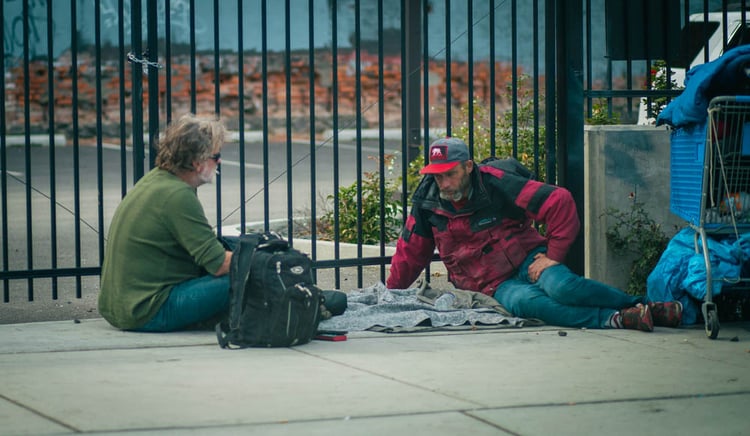 Now, “enable” is an emotionally charged word. Plenty of people will be triggered by it, but it’s important to keep listening. While Sheldon disagrees strongly with what is currently being done, his disagreement stems from its lack of effectiveness. He believes people are actually being hurt more than they are being helped. It’s not that he doesn’t want to do anything.
Now, “enable” is an emotionally charged word. Plenty of people will be triggered by it, but it’s important to keep listening. While Sheldon disagrees strongly with what is currently being done, his disagreement stems from its lack of effectiveness. He believes people are actually being hurt more than they are being helped. It’s not that he doesn’t want to do anything.
“The worst scenario is to do ‘tough love’ and then not be there for them. That is the worst thing we could do. My belief is, don’t enable, but the moment they make that choice, we have to have services and we have to have open arms. We have to be there to take them in and go, ‘YES.’ Help them make the tough decision and then be there with open arms.”
Sheldon said he is a glass half full sort of person. He believes that the efforts of the business group of which he is a part of can make a significant difference. “I think, at the end of the day, we can all agree that we want a safe and clean city and that we want to figure out how to help the situation. What is being done now is not solving the problem.”
Most service providers agree that the streets are not a safe place for people to live. People living on the streets are more vulnerable to crime and violence, as well as inclement weather.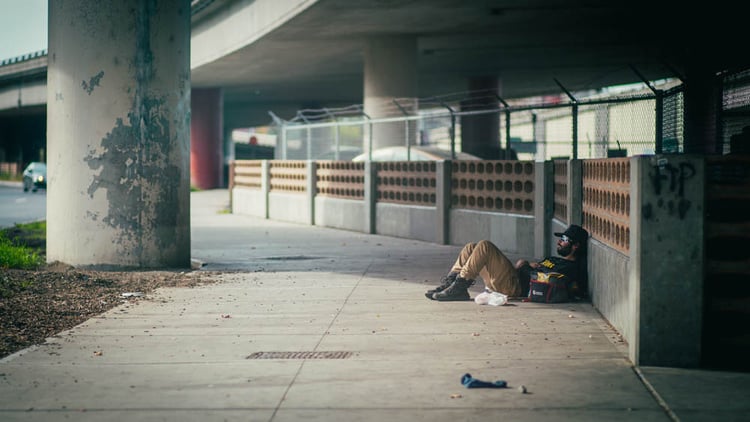 “We see a lot of misplaced compassion on the street that is hindering the efforts to get people into shelter. To get people into shelter, they have to want to go into shelter, and if you help them live on the street, they’re not going to get into shelter. But shelter is where you are going to medical services, mental health services. You’re going to find them in the shelters. You’re not going to find them on the street.”
“We see a lot of misplaced compassion on the street that is hindering the efforts to get people into shelter. To get people into shelter, they have to want to go into shelter, and if you help them live on the street, they’re not going to get into shelter. But shelter is where you are going to medical services, mental health services. You’re going to find them in the shelters. You’re not going to find them on the street.”
Sheldon and the group of which he is a part are putting together a plan to provide these services in connection with housing, all privately funded. They’ve been researching the responses in other cities–both successes and failures–and looking at the science. The group firmly believes that housing alone will not solve homelessness.
"Housing is not the savior. You can’t have housing only because all you’re doing is hiding them away. To me, that does not seem compassionate. That seems selfish. There have to be services first– mental health and drug rehab, medical services, all there waiting.”
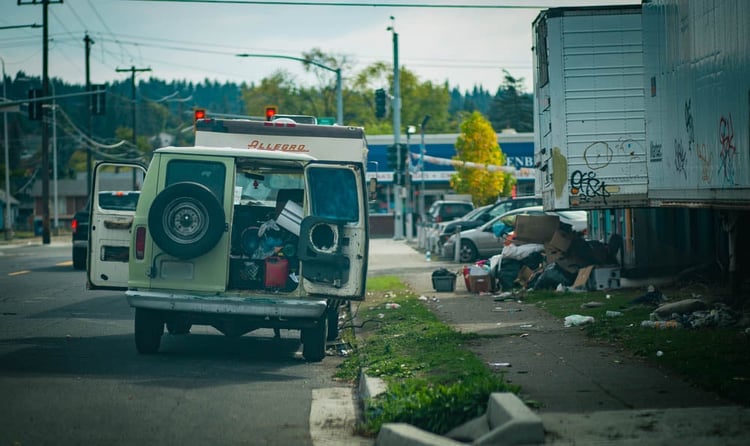 Sheldon would love to see all the stakeholders–businesses, service providers, advocates–come together and move toward a common goal.
Sheldon would love to see all the stakeholders–businesses, service providers, advocates–come together and move toward a common goal.
“Do you want to have a viable downtown? Do you want to be able to come downtown and enjoy yourself? The beautiful parks we have? The rivers we have? Equity says, we’re all on the same sidewalk, but the sidewalk has to be safe."
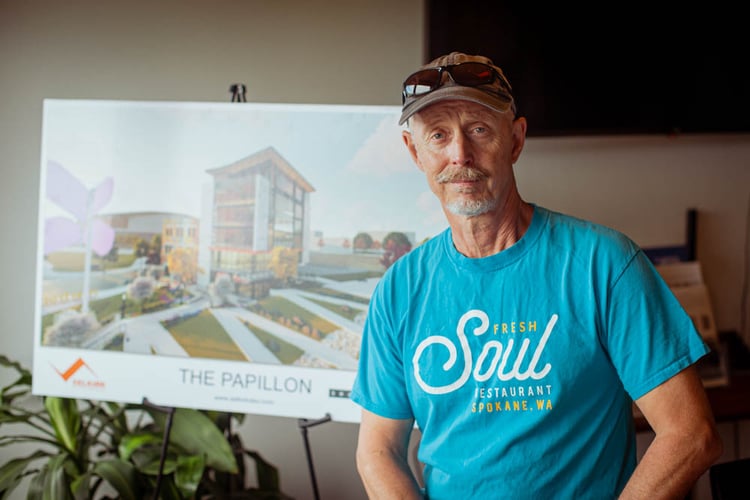
Be a part of the solution. Download our free Homelessness 101 e-book below.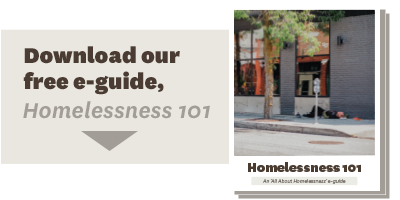
Editor's Note: This post was originally published on October 7, 2021 and has been thoroughly updated for accuracy and comprehensiveness.

2 min read
“May the God of hope fill you with all joy and peace as you trust in him, so that you may overflow with hope by the power of the Holy Spirit.” —...
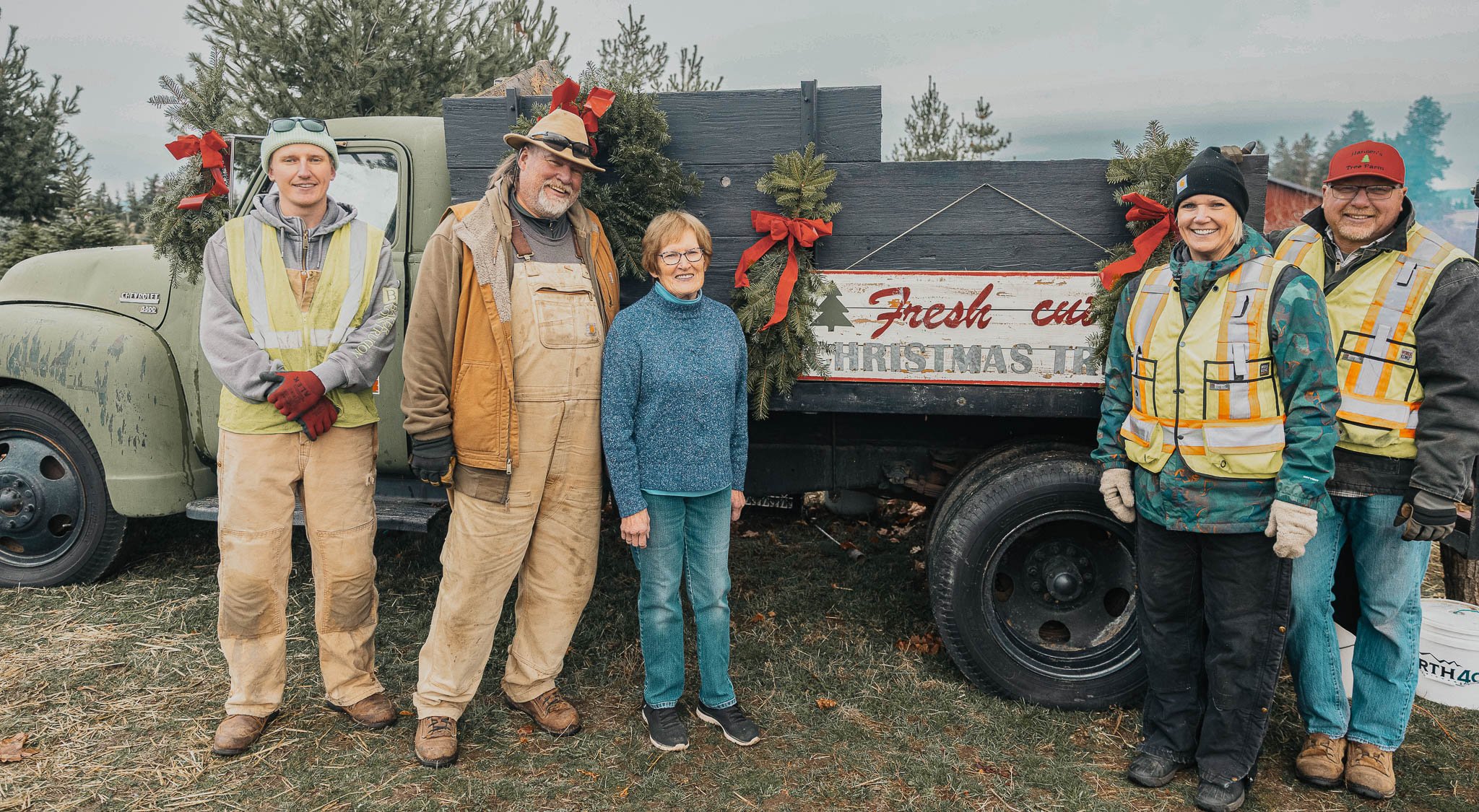
3 min read
Here at UGM, we are so blessed to have such incredible, generous partners, like our friends at Hansen’s Green Bluff Orchard! Having a heart for those...

2 min read
At Union Gospel Mission, healing often begins with looking back. As part of our Life Recovery Program, participants are invited to reflect on their...
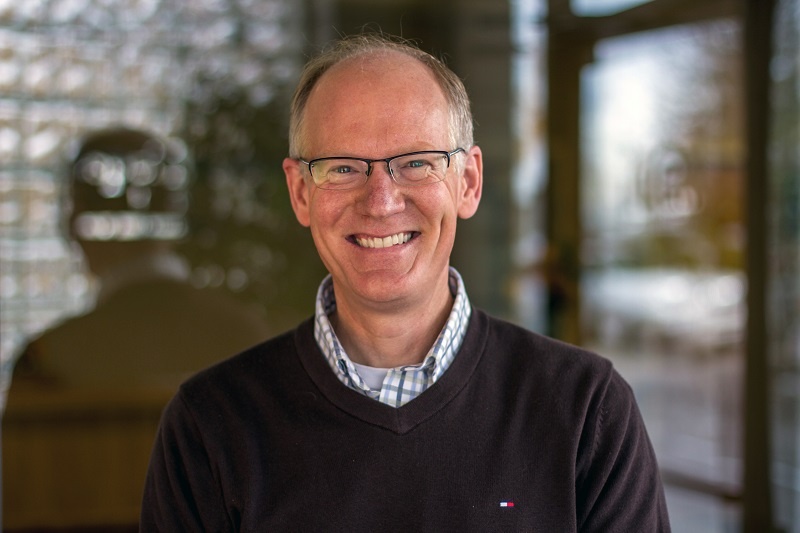
“You work at the Union Gospel Mission? Do you know Dave Wall?” I can’t count how many times I’ve heard this. Everybody knows Dave, and Dave knows...
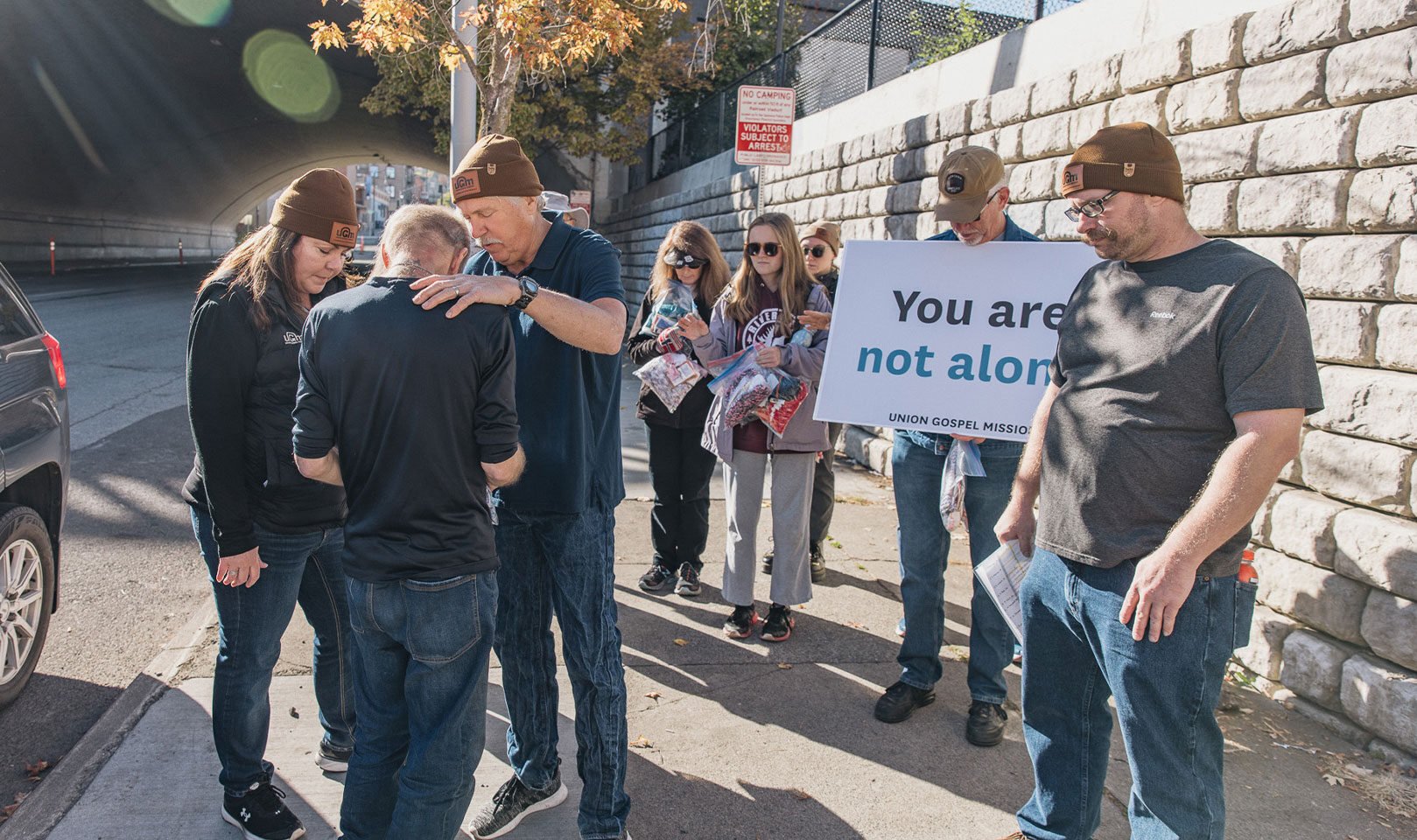
Every year on October 10, people around the world take a day to acknowledge the needs of those in their communities facing homelessness, and we...
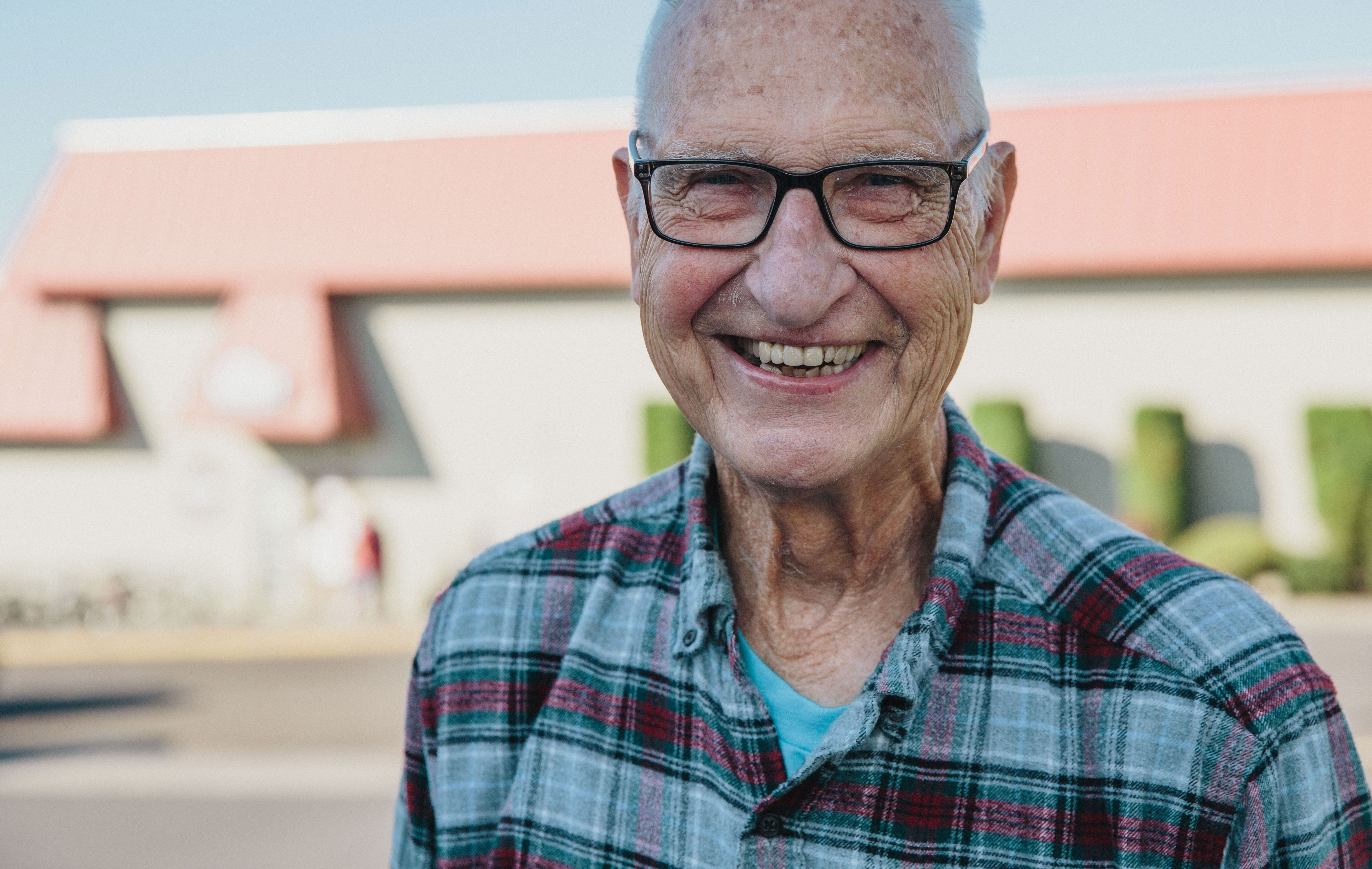
Dr. Ed Schultze received his doctorate in psychology from Fuller Seminary and has been working in the field for about 50 years. He has worked...